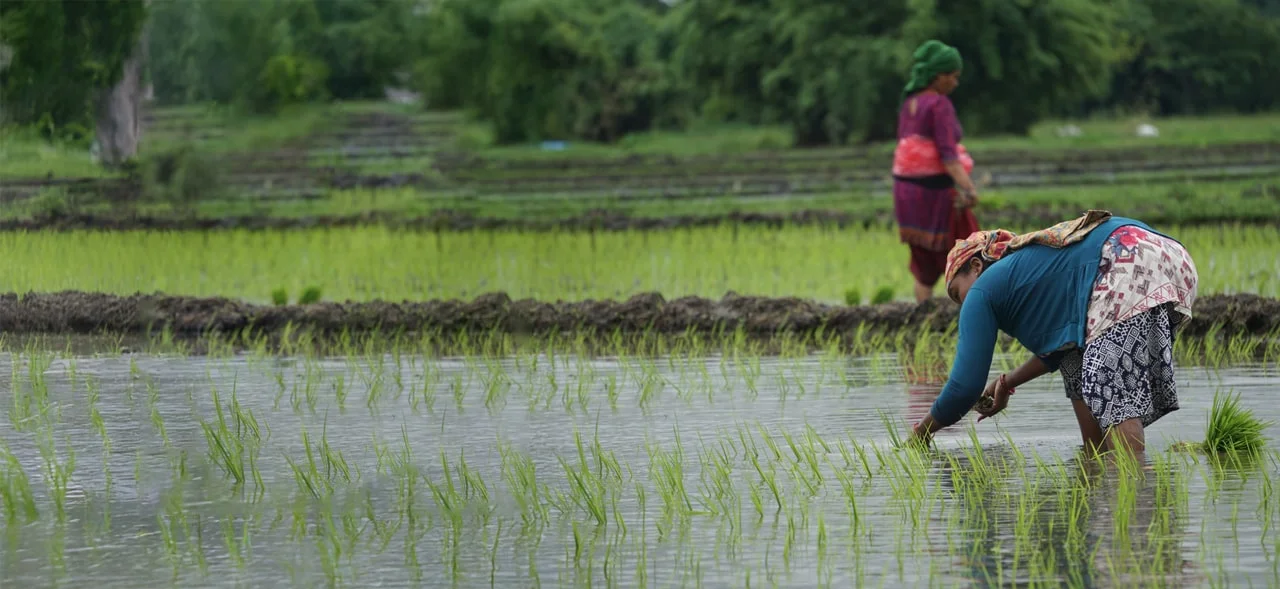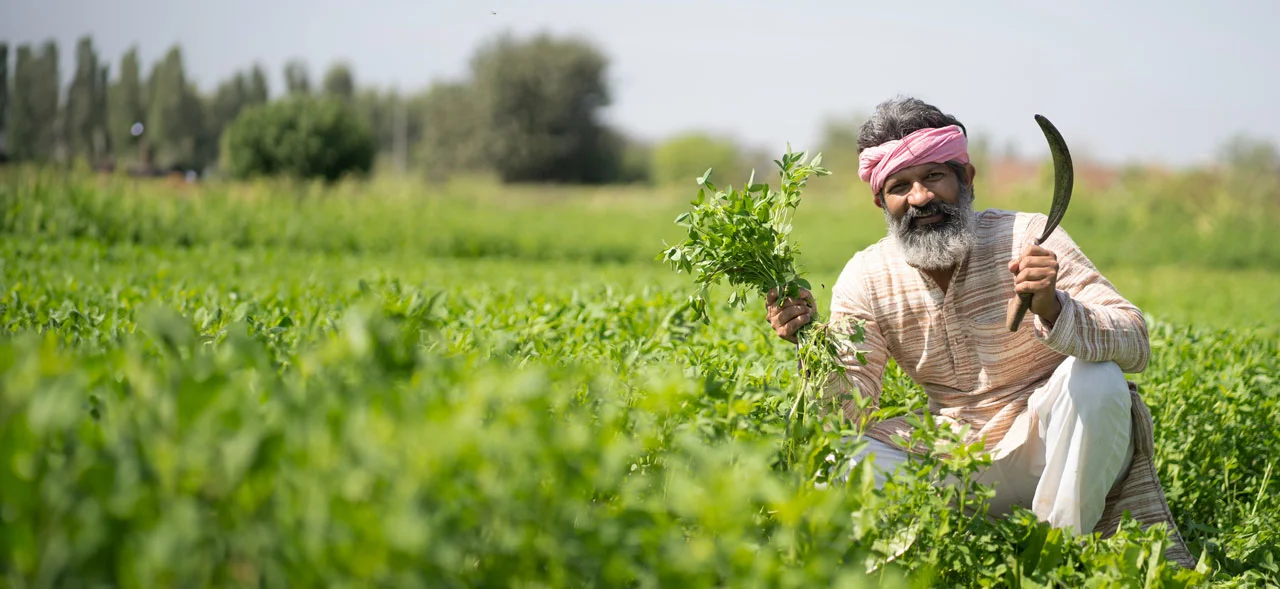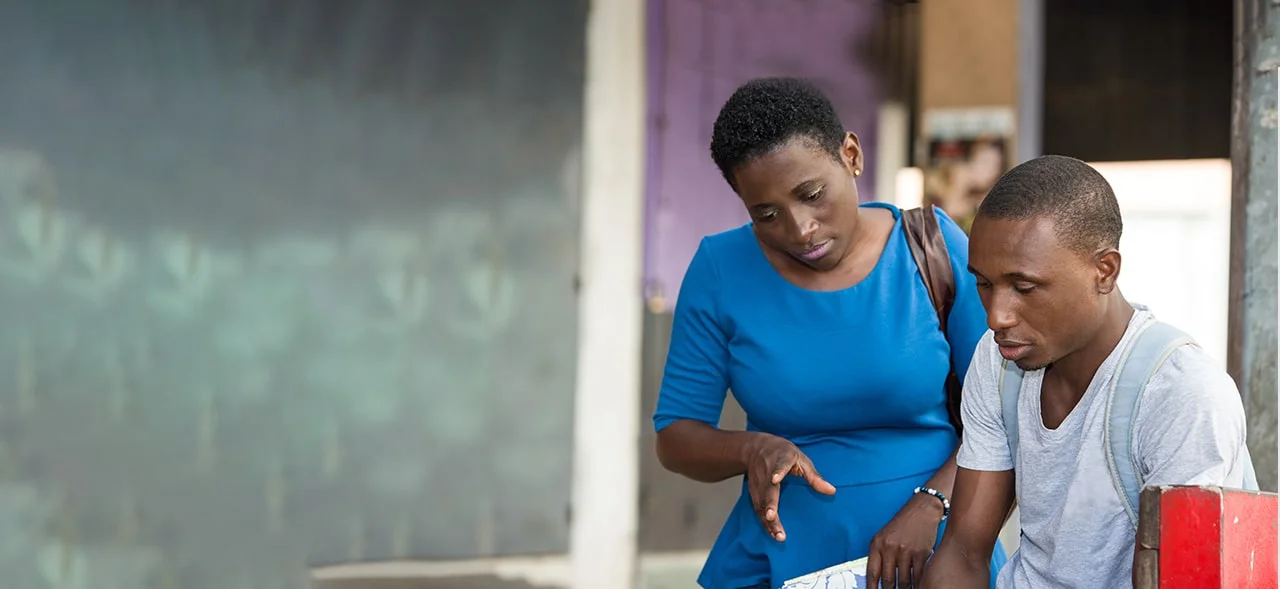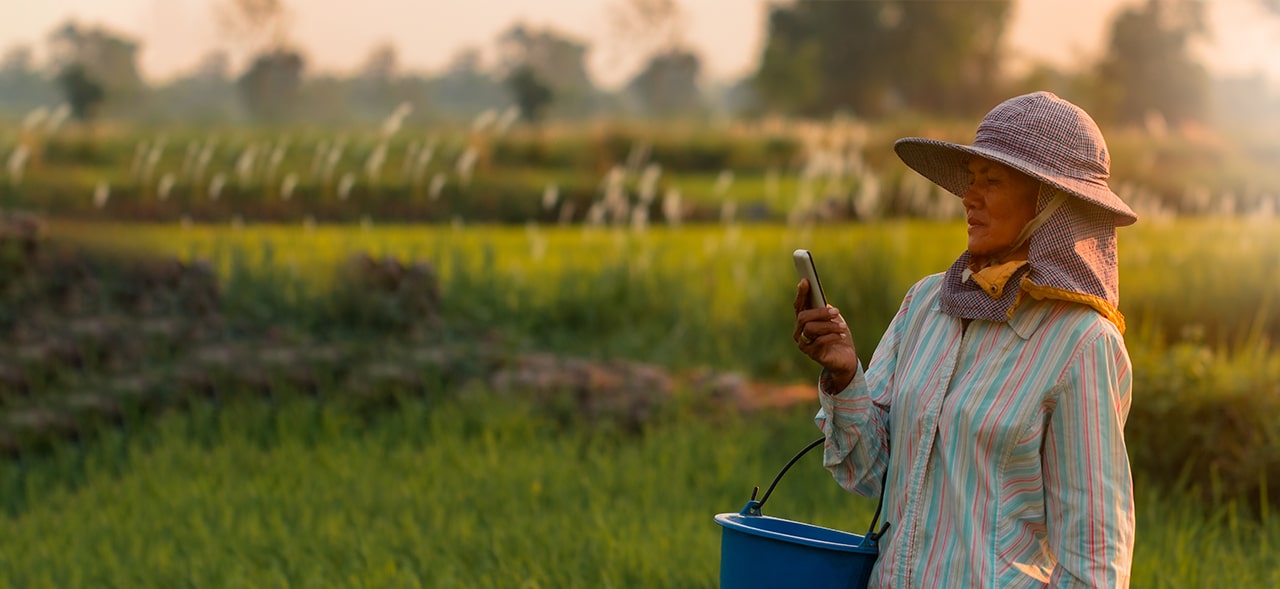
The seed sector in Nepal struggled with issues related to production, processing, quality control, and business management that hindered the growth of seed companies.
MSC assessed the challenges of seed companies and identified solutions to bridge the technical and business management gaps of local seed companies. MSC reviewed Nepal’s agricultural input sector extensively with a focus on seed policies and market trends. We assessed 27 private seed companies, which included R&D-licensed firms, license applicants, improved seed producers, and seed importers. Additionally, we engaged with key stakeholders, such as Pathways Technologies, CIMMYT, and NARC, to gain a broader industry perspective.
We analyzed the collected data and developed a detailed report with targeted recommendations to strengthen Nepal’s seed production and quality control. MSC also provided strategic guidance on the integration of ICT solutions to enhance business operations in the seed sector.
MSC’s findings and recommendations would help strengthen the seed production system and processing, and ensure quality control activities for seed companies in Nepal. They would also help strengthen Nepal’s private seed sector and seed companies, enhance agricultural productivity, and support more than 200,000 farmers through improved seed systems.
The USAID and Winrock International commissioned this project.

Farmer producer companies (FPCs), sustainable livelihoods, smallholder farmers, fisheries, India, Bihar, women’s empowerment, agriculture
The JEEViKA Special Purpose Vehicle for Agricultural Transformation (JSPVAT) project was launched in December 2019 as a five-year initiative to transform Bihar’s agriculture, livestock, aquaculture, and fisheries sectors. MSC addressed key challenges and improved livelihoods through technical support, market linkages, and capacity building for smallholder farmers and producers. We strengthened farmer producer companies (FPCs) across Bihar, with a strong focus on women’s economic empowerment.
We supported FPCs to drive local economic growth for smallholder members. We also provided vital assistance for staple crops, such as paddy, wheat, and maize, essential to Bihar’s agricultural economy. Engaging smallholders in various economic activities throughout the year enhanced productivity and income stability. Additionally, we introduced innovative strategies to improve access to finance, which ensured the long-term growth and sustainability of FPCs.
Nearly one million women and smallholder farmers in Bihar benefited from the JSPVAT program. Strengthening FPCs led to a 560% increase in revenues for farm- and livestock-based enterprises. Around 200,000 smallholders in aquaculture and fisheries witnessed improved productivity. The project also helped unlock more than USD 10.5 million in funding, which enabled FPCs to generate cumulative revenues that exceeded USD 19 million.
The Gates Foundation commissioned this project.

MSC, in partnership with the Start-up Vietnam Foundation (SVF), is implementing the CO4GROWTH accelerator, a transformative initiative to support and scale high-potential startups in Vietnam. Running from October 2021 to March 2022, the program equips startups with knowledge, networks, and resources essential for sustainable growth.
As the knowledge and technical partner, MSC provided strategic mentorship and capacity-building in the following areas:
- We helped startups develop inclusive fintech solutions, refine their business models, and craft effective go-to-market strategies.
- We provided sector-specific insights to startups operating in the MSME and agriculture sectors, equipping them with the knowledge needed for sustainable growth.
- We enabled startups to leverage data analytics, digital marketing, and tech-driven solutions while offering customized technical assistance to three selected startups to accelerate growth and strengthen market linkages.
The program empowered startups by providing sector-specific expertise and digital transformation strategies. It enhanced financial inclusion by guiding startups in navigating financial systems effectively. Additionally, it strengthened the MSME and agriculture ecosystem through targeted mentorship and capacity-building initiatives.

Uganda’s FinTech ecosystem is rapidly evolving, but regulatory and policy interventions are needed to accelerate market development and financial inclusion. To address this, The Cambridge Centre for Alternative Finance (CCAF) partnered with MSC to assess Uganda’s FinTech landscape, analyze industry trends, and recommend regulatory frameworks that support innovation while ensuring financial inclusion.
MSC undertook the following key activities to develop the industry Code of Conduct for FITSPA:
- We mapped Uganda’s FinTech sector by identifying active startups, key players, and emerging business models while benchmarking its landscape against global and regional markets.
- We engaged with finTech firms, financial institutions, and regulators to understand challenges and opportunities, providing evidence-based recommendations for a progressive regulatory environment.
- We developed an industry Code of Conduct for the FinTech Service Providers Association (FITSPA), establishing guidelines on consumer protection, transparency, cybersecurity, and IT resilience.
The project strengthened Uganda’s fintech regulatory landscape by providing targeted policy recommendations to foster innovation while ensuring financial inclusion. It supported digital finance solutions for underserved populations, promoting greater access to financial services. Through stakeholder engagement, the project facilitated collaboration between FinTech startups, financial institutions, and regulators, creating a more cohesive ecosystem. It also established industry standards by developing the FITSPA Code of Conduct, ensuring ethical practices, consumer protection, transparency, and cybersecurity.

With 1.7 billion people worldwide still unbanked, financial exclusion remains a major challenge. Traditional banking inefficiencies often prioritize high-value transactions, leaving low- and moderate-income (LMI) communities underserved despite their market potential.
To address this, MetLife commissioned MSC to conduct a multi-country study on how FinTech solutions can bridge the financial inclusion gap. The research covered Bangladesh, China, Malaysia, Myanmar, Nepal, and Vietnam, analyzing market readiness, barriers, and opportunities for digital financial services.
MSC undertook the following exercises for our study:
- We evaluated fintech adoption, financial inclusion gaps, and regulatory landscapes across six countries to assess market readiness.
- We engaged stakeholders, including fintechs, financial service providers, and regulators, through interviews and a “Thinkshop” in Kuala Lumpur to identify challenges and opportunities in digital finance.
- We developed a comprehensive study report and country focus notes, amplifying insights through a targeted social media campaign to enhance industry understanding and drive policy and market action.
The study enhanced the industry’s understanding of fintech-driven financial inclusion opportunities. It provided policy and market insights to help regulators, financial institutions, and fintechs design more inclusive digital solutions. Additionally, it strengthened multi-stakeholder collaboration through knowledge-sharing initiatives such as the Thinkshop.

Indonesia’s digital economy is rapidly expanding, with a projected Gross Merchandise Value (GMV) of USD 210-360 billion by 2030. However, digital financial inclusion remains a challenge, especially beyond Tier-1 cities, where most fintech solutions are concentrated.
To address this, Opportunity International Australia (OIA) commissioned MSC to conduct a landscape assessment on the challenges fintechs face in expanding financial inclusion for low-income and vulnerable populations outside major urban centers.
MSC undertook the following exercises for our study:
- We assessed the fintech ecosystem by analyzing industry trends, growth sectors, and financial inclusion gaps.
- We identified barriers to inclusion by mapping the challenges startups face in serving low-income groups and people with disabilities.
- We evaluated the support ecosystem by engaging key stakeholders and assessing gaps in mentorship, funding, and incubator infrastructure.





